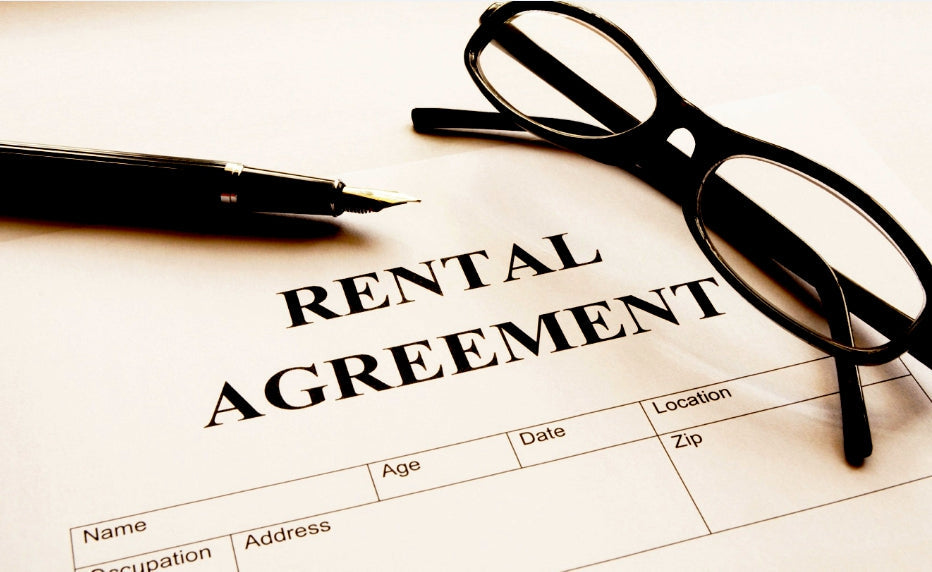Tenants in New Jersey may consider withholding rent when facing significant habitability issues in their rental units. However, it's crucial to understand the legal framework and proper procedures to avoid potential risks such as eviction or credit damage.
Legal Grounds for Withholding Rent
Habitability Issues. Under New Jersey law, landlords are obligated to maintain rental properties in a condition fit for human habitation, known as the "implied warranty of habitability." This includes ensuring essential services like heat, water, and structural integrity are provided. Conditions that render a property uninhabitable, such as lack of heat, unsafe structural defects, or unsanitary conditions, may justify rent withholding.
Landlord’s Failure to Repair. If a landlord neglects necessary repairs after being properly notified, tenants may have grounds to withhold rent. It's essential that the tenant did not cause the condition and that the defect pertains to a vital facility necessary for habitability.
Proper Procedures
Notify the Landlord. Tenants must provide written notice to the landlord detailing the issues and allow a reasonable time for repairs. Using certified mail with a return receipt is advisable to document the notification process.
Escrow Account. While New Jersey law does not explicitly require tenants to place withheld rent into an escrow account, doing so is strongly recommended. Paying the withheld rent into a separate account demonstrates good faith and can protect the tenant if the dispute proceeds to court. It shows that the tenant is not trying to avoid payment, but rather is taking responsible steps to resolve serious habitability issues while preserving the rent owed. Courts are more likely to view the tenant’s actions favorably when rent is set aside and available.
Alternative Remedies. Withholding rent is not the only remedy available to tenants. New Jersey tenants may also:
-
Seek rent abatement, which is a partial refund or reduction of rent based on the diminished value of the property;
-
Use the “repair and deduct” remedy, where the tenant pays for the repair and deducts the cost from the rent (this should be approached cautiously and only when the issue is urgent and well-documented); and
-
File a complaint with local code enforcement or the municipal health department, which can issue violations or compel the landlord to make necessary repairs.
Legal Action. If the landlord initiates eviction proceedings for nonpayment of rent, tenants may raise the habitability issue as a defense. The court may assess the situation and, if it finds that the conditions substantially interfered with the tenant’s use of the property, may order rent abatement, compel repairs, or take other appropriate action.
Risks of Improper Withholding
Eviction. Withholding rent without legal justification or failing to follow proper procedures can lead to eviction proceedings. It's imperative to ensure that all actions taken align with legal requirements to avoid such outcomes.
Credit Impact. Improper rent withholding can result in judgments against the tenant, negatively affecting credit scores and rental histories. This can hinder future housing opportunities and financial transactions.
Conclusion
While tenants in New Jersey have the right to withhold rent under specific circumstances, it's essential to follow legal procedures meticulously. Consulting with legal counsel before taking such actions is highly recommended to navigate the complexities of landlord-tenant disputes effectively.
Your Legal Resource
At Semeraro & Fahrney, LLC, we specialize in landlord-tenant law and offer comprehensive services to assist tenants facing habitability issues:
-
Legal Consultation: Providing personalized advice on your rights and the appropriate steps to take.
-
Documentation Assistance: Helping you prepare and organize necessary documentation for your case.
-
Representation: Advocating on your behalf in negotiations or court proceedings to ensure your rights are protected.
If you're experiencing habitability issues and considering withholding rent, contact Semeraro & Fahrney, LLC today for a personalized consultation to protect your rights and ensure a safe living environment without risking eviction or financial harm. Anyone with questions should feel free to reach out to Mark Semeraro, Scott Fahrney, or any other qualified Landlord-Tenant Attorney at Semeraro & Fahrney, LLC for guidance and support.

Mark J. Semeraro, Esq.
Managing and Founding Partner
msemeraro@semerarolaw.com










